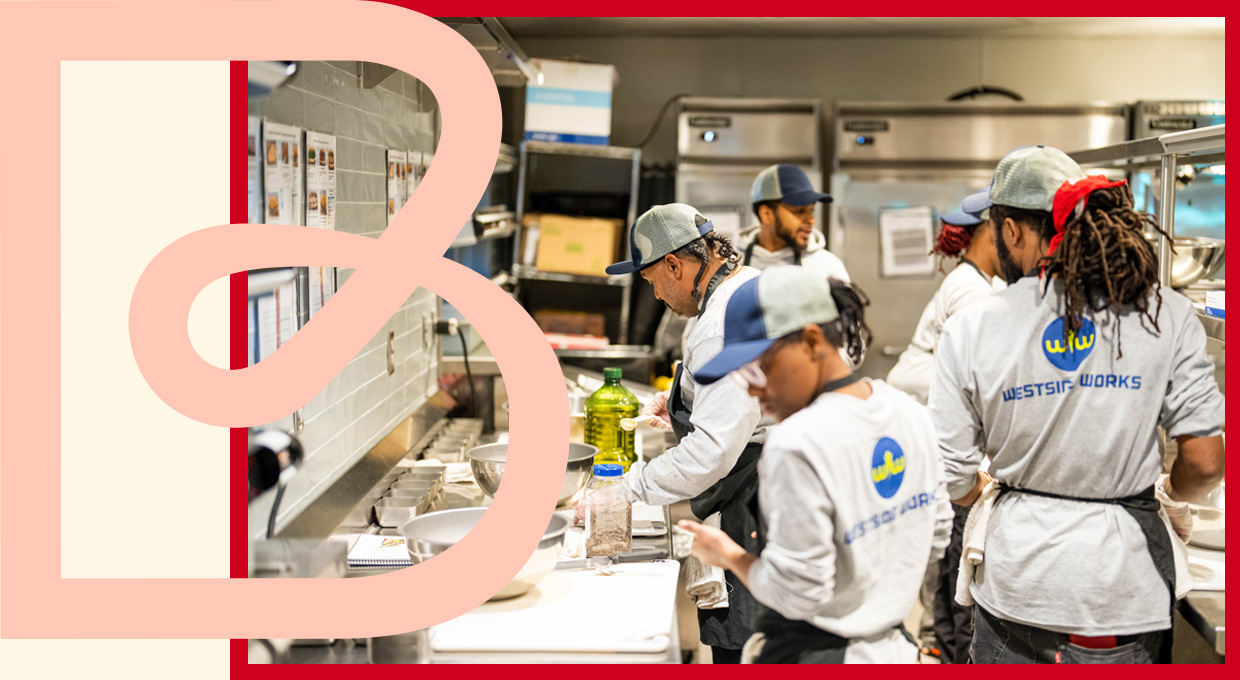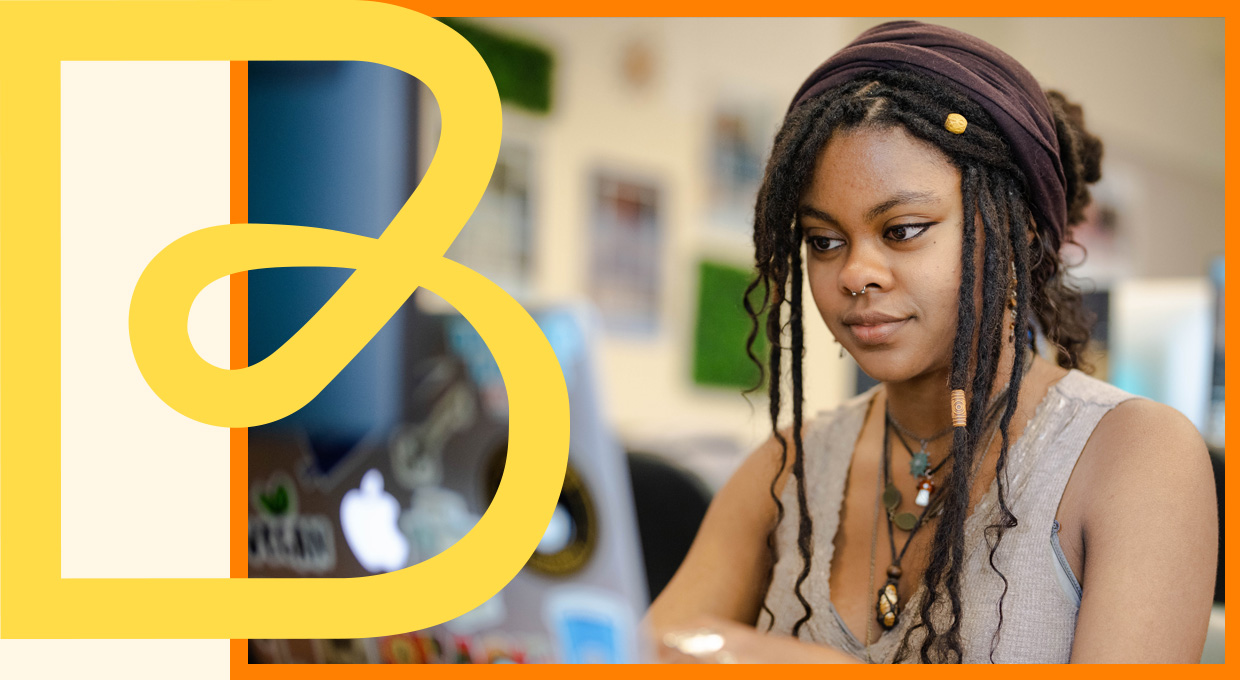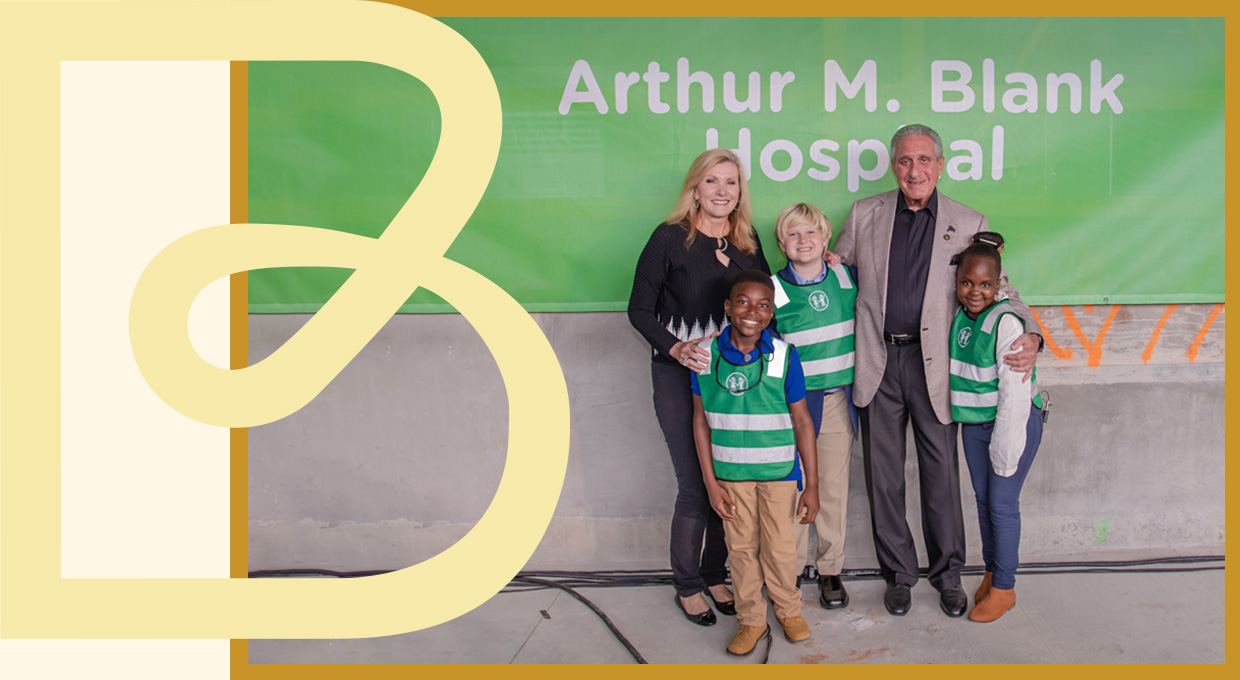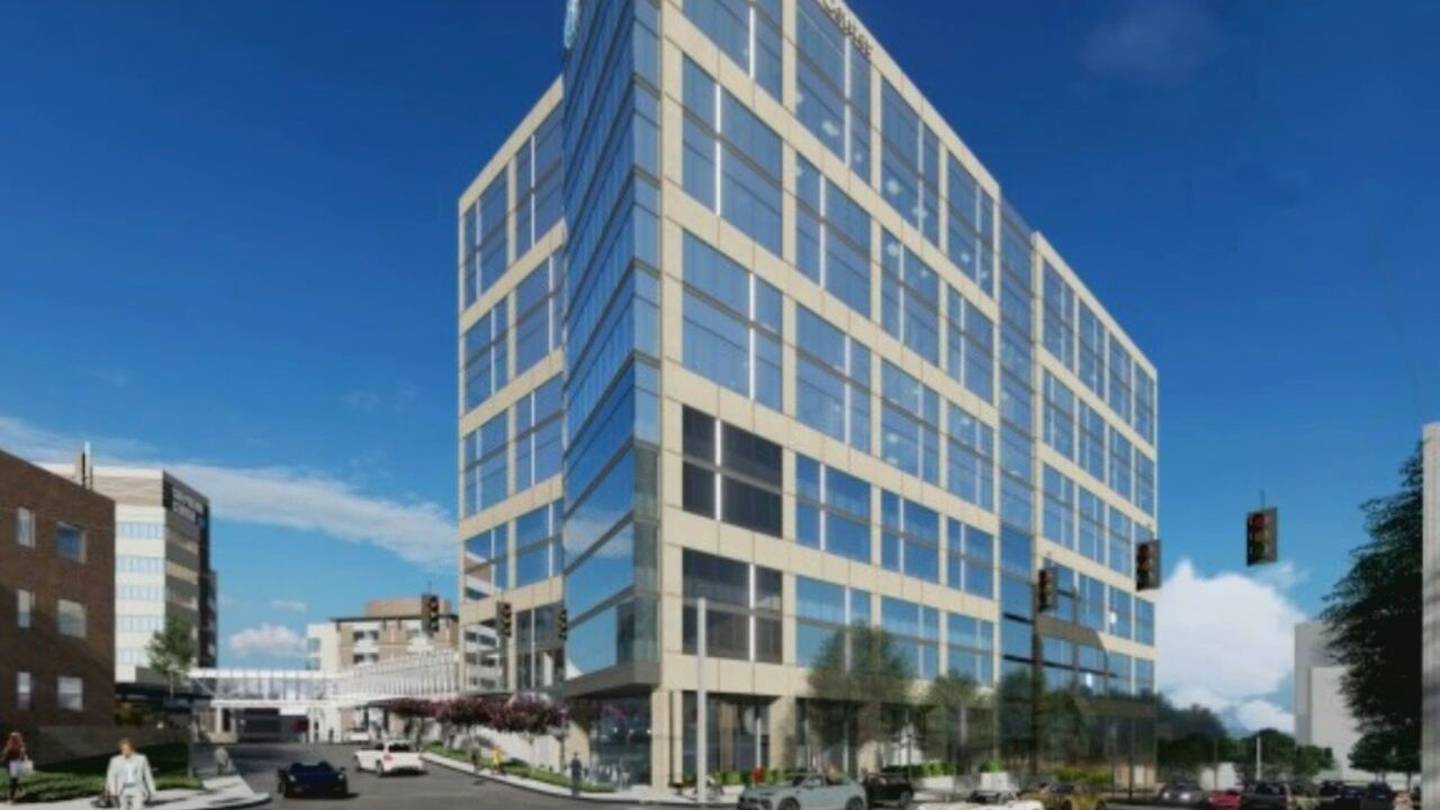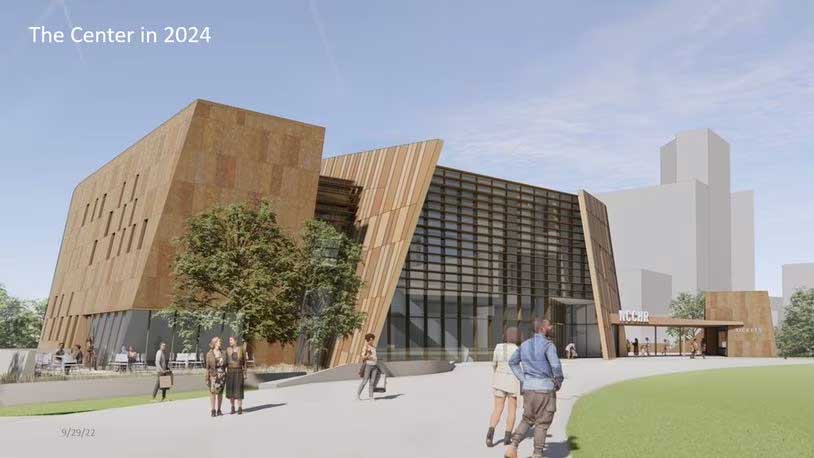Alana Shepherd improves the lives of people with disabilities in Atlanta and beyond
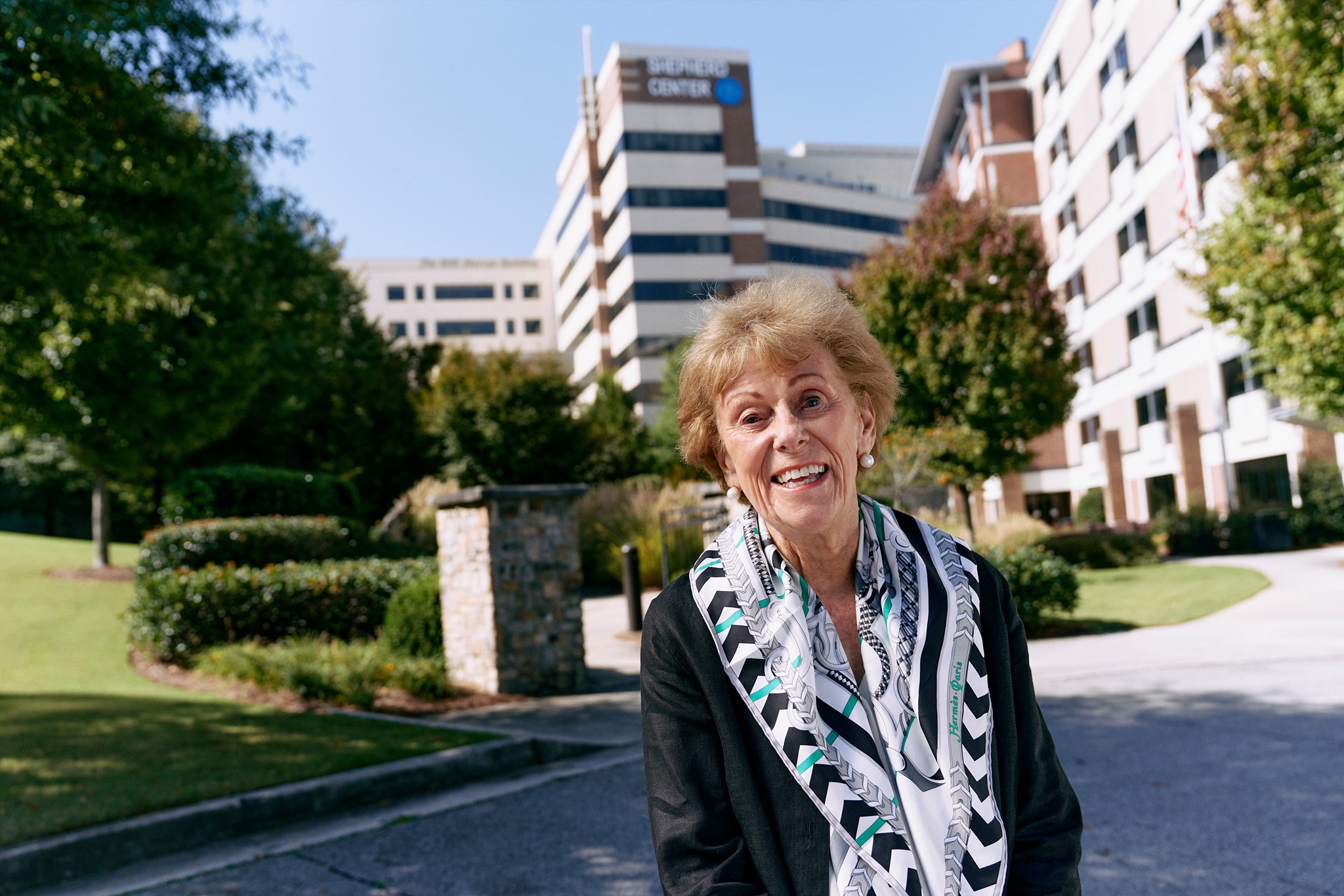
Alana Shepherd is a leader and visionary in the philanthropy space. In 1975, along with her husband Harold, their son James, and David Apple, M.D. Alana founded Shepherd Center after James sustained a paralyzing spinal cord injury. Frustrated by the lack of rehabilitation care options in the southeastern United States, the family worked tirelessly to gather support to open a dedicated facility in the Atlanta community. Shepherd Center is now a world-renowned rehabilitation hospital that provides world-class clinical care, research and family support for people experiencing the most complex conditions, including spinal cord and brain injuries, multi-trauma, traumatic amputations, stroke, multiple sclerosis, and pian.
While Shepherd Center has grown exponentially since opening as a six-bed unit, it has always maintained its original goals – to provide a patient- and family-centered approach to rehabilitation and to encourage patients to look beyond their injuries and embrace the future.
Even with the success and the positive impact Shepherd Center has had, Alana wanted to do more. She has spent her life fighting for the recognition and rights of people with disabilities. Alana understood early on that she had to help change the community to which patients would return so these individuals would be accepted and able to regain their places in society.
Her advocacy has resulted in the addition of ADA-compliant wheelchair lifts to the MARTA bus system in Atlanta. Alana’s efforts to make Hartsfield-Jackson Atlanta International Airport one of the most accessible airports in the United States has led to the airport being honored by the FAA for enhancing accessibility for passengers and guests with disabilities.
Alana also fought to bring the 1996 Paralympic Games to Atlanta. Her efforts led the International Olympic Committee to rule that all cities seeking to be sites of future Olympic Games must include plans and proposed financing for the Paralympics as well as accessibility to the same sites and athletic facilities as non-disabled athletes.
Through the years, Alana has also been Shepherd Center’s chief fundraiser and volunteer. She’s known for her upbeat honesty, business savvy and relentless drive, and she continues to serve as the chair of the board of directors at Shepherd Center.
In 2022, the foundation announced a $50 million grant to support Shepherd Center, which allowed for the doubling of onsite family housing capacity by adding 160 housing units. This will enable more families and caregivers to be close by as their loved ones participate in rehabilitation – a critical care difference that positively impacts patient outcomes and lives after discharge.
Q&A with Alana Shepherd:
Question: As the Shepherd Center nears its 50th anniversary, what are your aspirations for the organization in the next 50 years? Looking back, what accomplishments are you most proud of?
Answer: My aspirations are that we continue to grow and lead in research and innovation. I am most proud of the culture we have created at Shepherd Center and that we never stop innovating.
Q: How do you envision families describing the new housing facility during their stays at Shepherd Center?
A: I envision them describing it as a blessing, a godsend and something to be grateful for – and many will say it with tears in their eyes. It’s a very emotional thing to fill that need. It’s so important physically and emotionally for patients to have loved ones nearby during rehabilitation. Our new housing will allow even more families to be close while their loved ones receive care.
Q: What’s one aspect of your journey as a woman in leadership that has surprised you?
A: It has been a pleasant surprise that I have been asked to take on so many roles in the community.
Q: The story of you and your family is truly inspiring, as you identified a need for improvement and took action to create positive change. What advice would you offer to women who have identified a problem or aspire for improvement but are unsure of where to begin?
A: You have to start with small steps and advance slowly. Prove that there is a need for what you’re trying to do, and then cultivate your community and beyond. Give it your full time, attention and effort. And good luck always helps!
Stay Connected
Stay up to date with stories of impact, grants in your neighborhood and other interesting foundation news.
By submitting this form, you are consenting to receive marketing emails from: Arthur M. Blank Family Foundation. You can revoke your consent to receive emails at any time by using the SafeUnsubscribe® link, found at the bottom of every email. Emails are serviced by Constant Contact



